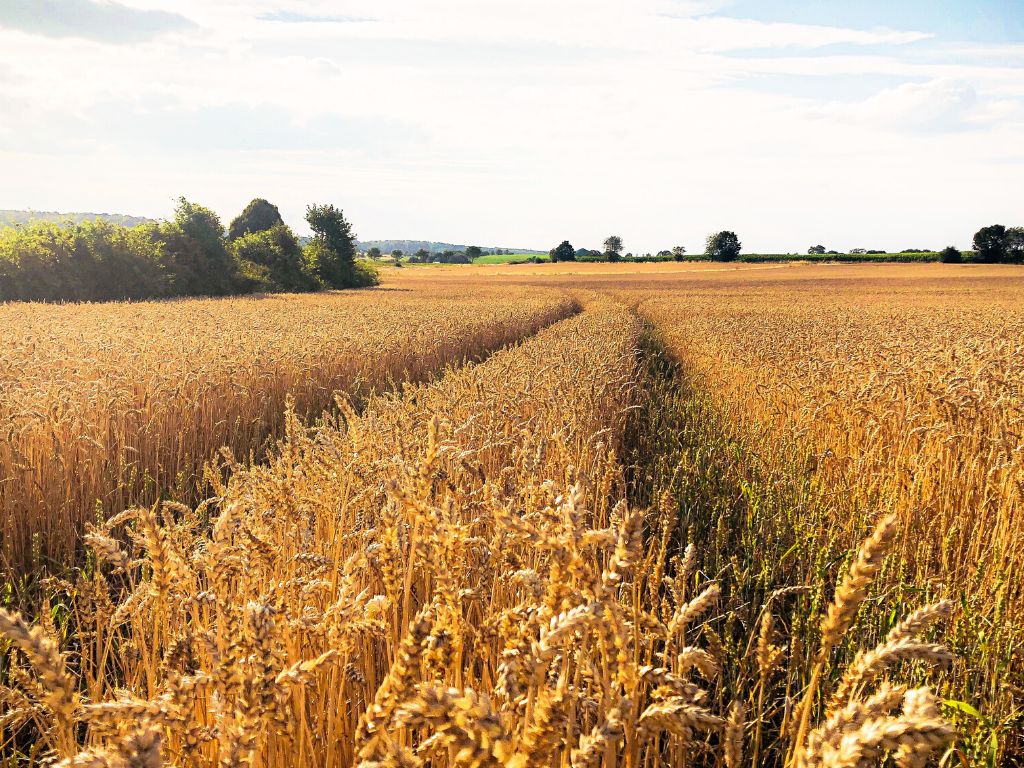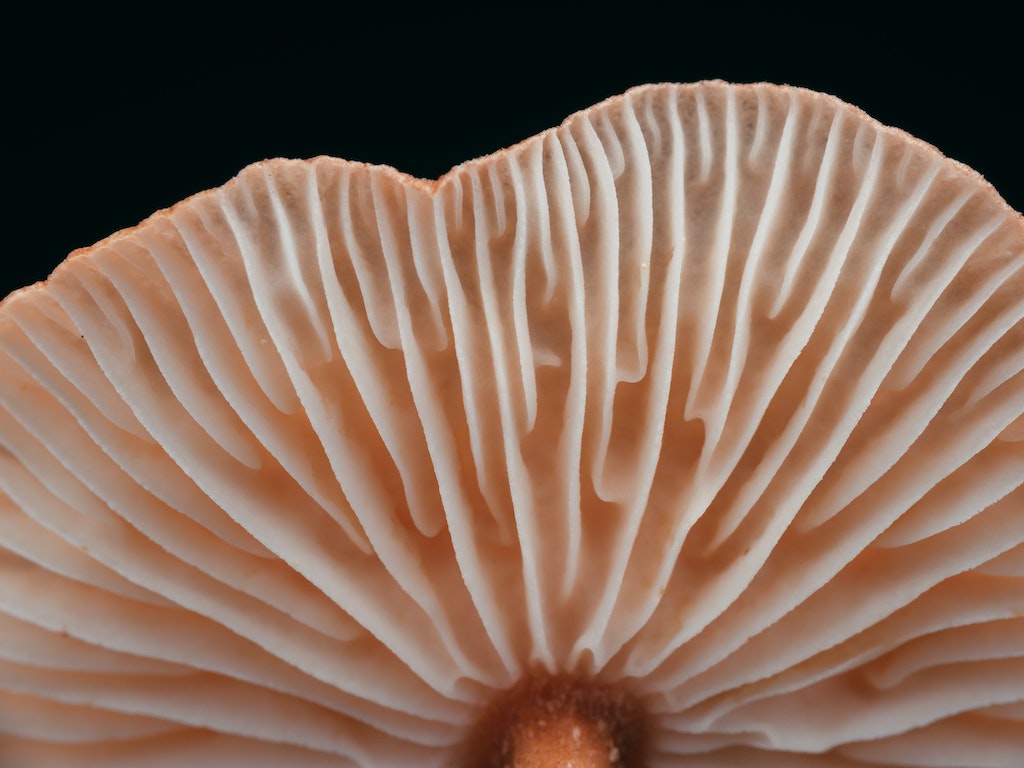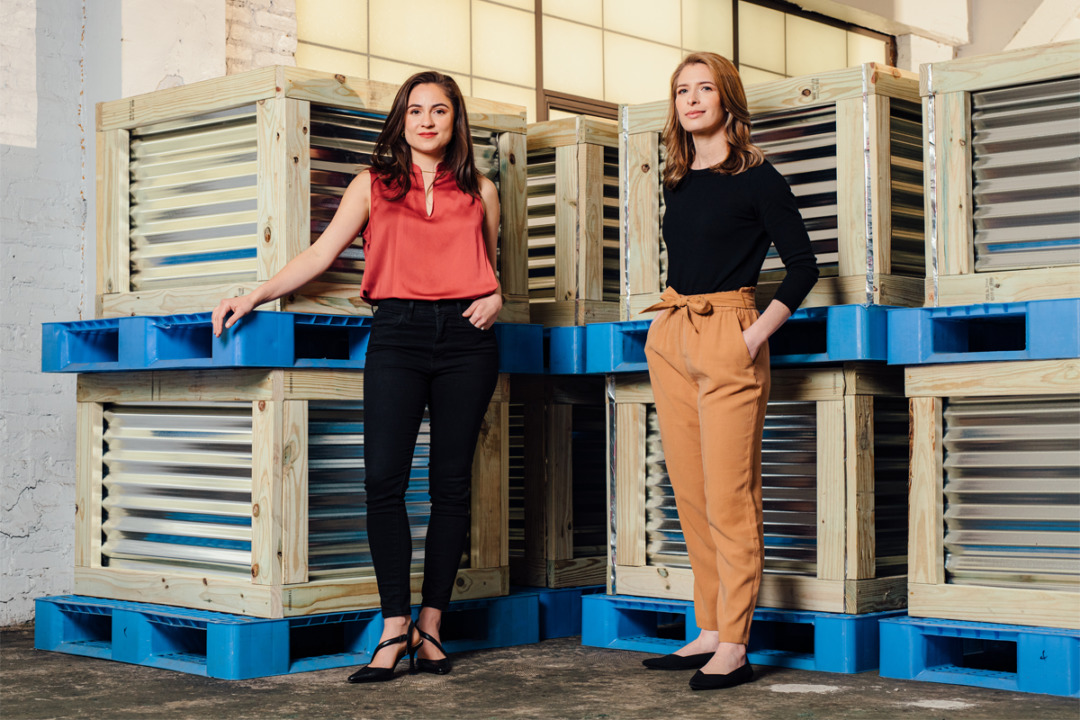Hyfé’s Sustainable Mycelium Protein Scales Up Ahead of Schedule
3 Mins Read
Climate-tech company Hyfé says it has scaled up the production capacity of its mycelium protein to 400L pilot bioreactors.
On a mission to unlock low-cost production for sustainable products, the Chicago-based Hyfé is utilizing waste streams as a source for fermentation feedstock. It says it’s three months ahead of schedule, completing its scale-up last month.
“Our mission is to use our flexible fermentation platform to produce cost-competitive essential goods for multiple industries, repurposing millions of pounds of wasted nutrients and keeping tons of emissions out of the atmosphere every year,” co-founder and CEO Michelle Ruiz said in a statement.
Turning wastewater into affordable, sustainable protein
Launched last year by former LanzaTech and ExxonMobil engineers, Hyfé has already earned the support of Boston Bioworks and the University of Illinois Bioprocessing Research Laboratory. The Engine led its oversubscribed $2 million Seed round last May; the venture firm spun out of MIT and invests in early-stage Tough Tech companies.

Mycelium is Hyfé’s first focus, which it says showcases the technology’s ability to make high-quality products. Hyfé uses patent-pending technology to capture nutrients otherwise washed away during food manufacturing. It takes the nutrients and converts them into fermentation feedstocks. Food manufacturing is the third largest contributor to wastewater, which accounts for 1.5 percent of all emissions. By salvaging those nutrients, Hyfé is able to reduce its costs and produce nutrient-dense fermentation products.
“Biomanufacturing has the potential to create solutions to some of the most pressing challenges facing humanity,” the company says. “It can enable improvements in health, climate, and quality of life if rendered economically viable.”
Mycelium flour
Hyfé says reducing the cost of production is key to making sustainable bioproducts competitive against subsidized commodities. “The feedstocks that power bioproduction represent a high-impact opportunity since they account for up to 50 percent of fermentation operating expenses and are vulnerable to supply chain disruptions.”

Ruiz says Hyfé’s mycelium flour tastes and acts just like wheat flour, “enabling people to eat the foods they love without negative health impacts. We are leveraging biotechnology to produce this ingredient that is carbon neutral, at scale, and at a very low cost,” she said last May.
“A bowl of Hyfé pasta has as much protein as a chicken breast, is high in fiber and has no refined carbs. We’re on a mission to make food better for you as well as better for the planet.”



